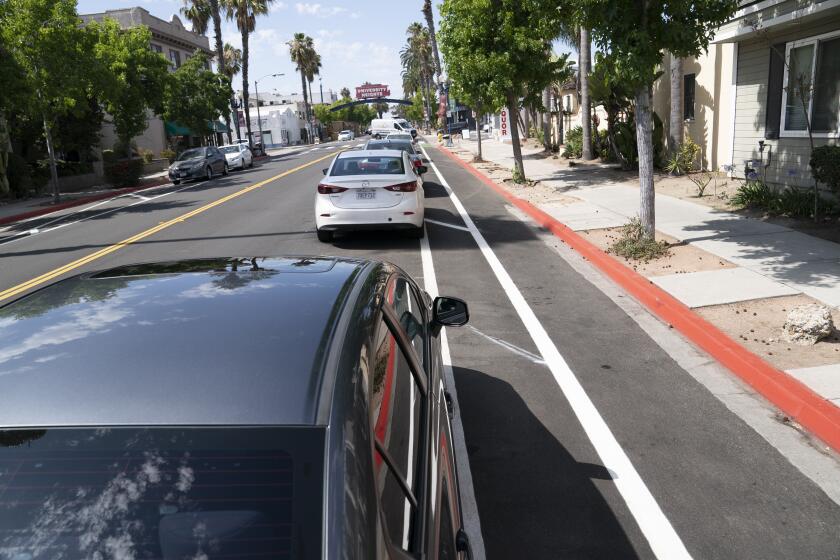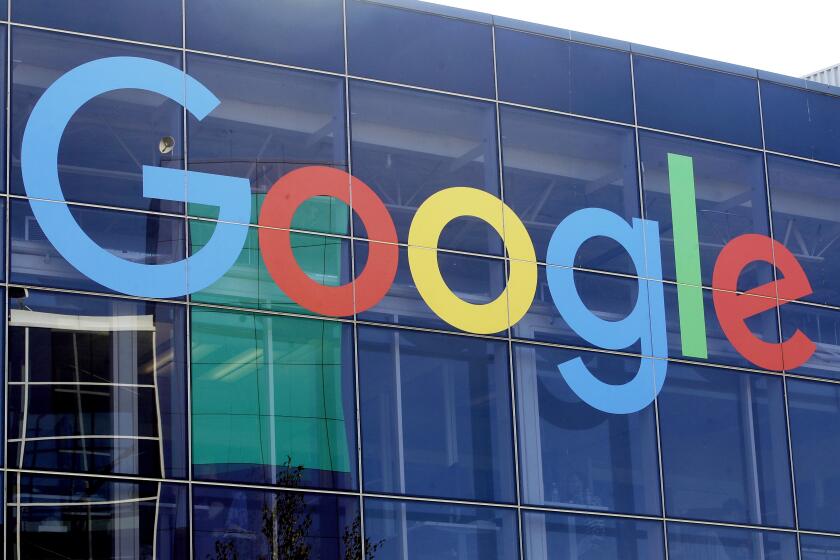Commentary: Why e-receipts hurt businesses, put consumer data at risk

“Can I get your cell phone number or email address?”
That’s a question millions of California consumers are going to hear if a bill making its way through the state Legislature becomes law.
Assembly Bill 161 would eventually mandate that every small business in California provide digital e-receipts. Businesses that do not or cannot comply by purchasing costly new point-of-sale technology will face daily fines.
However, the increased costs to mom-and-pop stores are not the worst of it. What the advocates for this bill aren’t telling folks is that the default experience for customers will mean many will turn over their personal information at the register every time they make a purchase. The law would create more digital trails and platforms for hackers to swipe personal information from consumers, particularly with businesses that don’t have necessary legal and data support.
Most don’t need or want a physical receipt
That doesn’t even include the time and money to train and retrain employees. All of that adds up to increased costs for the business owner, which either means reduced hours for current workers, limitations on hiring or higher prices passed on to customers.
At a time when most policymakers around the country are developing solutions to protect personal data, Assembly Bill 161 goes in the opposite direction. This is why a growing number of consumers, privacy advocates and small businesses have banded together in opposition of the bill.
Assembly Bill 161 also fails to recognize that more than 30% of Americans don’t have internet access at home. The bill fails to recognize California’s digital divide and lack of access to smart phones and internet for consumers and visitors to the state. Seniors often prefer paper receipts and are less likely to have smart phones than other demographic groups. And privacy for some visually impaired and disabled individuals could be compromised by needing to dictate private information to complete transactions.
A March 2019 Public Policy Institute of California fact sheet highlights this digital divide and underscores the serious internet privacy and security concerns shared by California households. According to the poll, only 54% to 67% of low-income, less educated, rural, African American and Latino households had broadband subscriptions, compared with 74% for all households. A quarter of those without broadband at home cited affordability as the primary reason for going without.
When it comes to privacy and security, more than half (59%) of California households said that identity theft is their greatest fear, followed by financial fraud, data tracking and loss of control over personal data. A bill that leads to many customers handing over personal information to even more vendors will only aggravate these worries.
In addition to privacy and access concerns, the cost to California small businesses would be steep. Many small and midsize businesses would have to purchase new equipment or update their point-of-sale technology, costing upwards of $45,000. Businesses will face problems with transaction efficiencies; increased wait times while shoppers input personal contact information at the register; costly investments in employee training; and increased liability and compliance enforcement. Small businesses are not data storage companies, but this bill forces them to determine how to handle individuals’ phone numbers and email addresses.
Purchasing expensive new equipment, training employees on new technology, increasing legal liability and ongoing — literally, minute-to-minute and customer-to-customer — regulatory burdens from Assembly Bill 161 will create a much more difficult business environment than exists now.
California is already an enormously expensive state to live, work and own a business. While this bill will help some companies gain new targets to sell their products, it will only serve to hurt small businesses that already operate on small margins and look to keep costs down for their patrons.
“Would you like a receipt” represents more than a courtesy at the end of a transaction — it represents a trusted relationship between customer and business owner. Small businesses are not data-security firms or massive tech companies and forcing them into that space will create consequences ranging from increased prices to cuts in employee wages to increased liability for shepherding consumers’ personal data. It also unnecessarily puts their customers at risk which is the last thing any business owner wants.
Assembly Bill 161 is a solution in search of a problem. And in this case, the solution could put millions of Californians’ personal information at risk.
Gattinella is the chief executive officer of the Encinitas Chamber of Commerce.
Get Weekend Opinion on Sundays and Reader Opinion on Mondays
Editorials, commentary and more delivered Sunday morning, and Reader Reaction on Mondays.
You may occasionally receive promotional content from the San Diego Union-Tribune.




